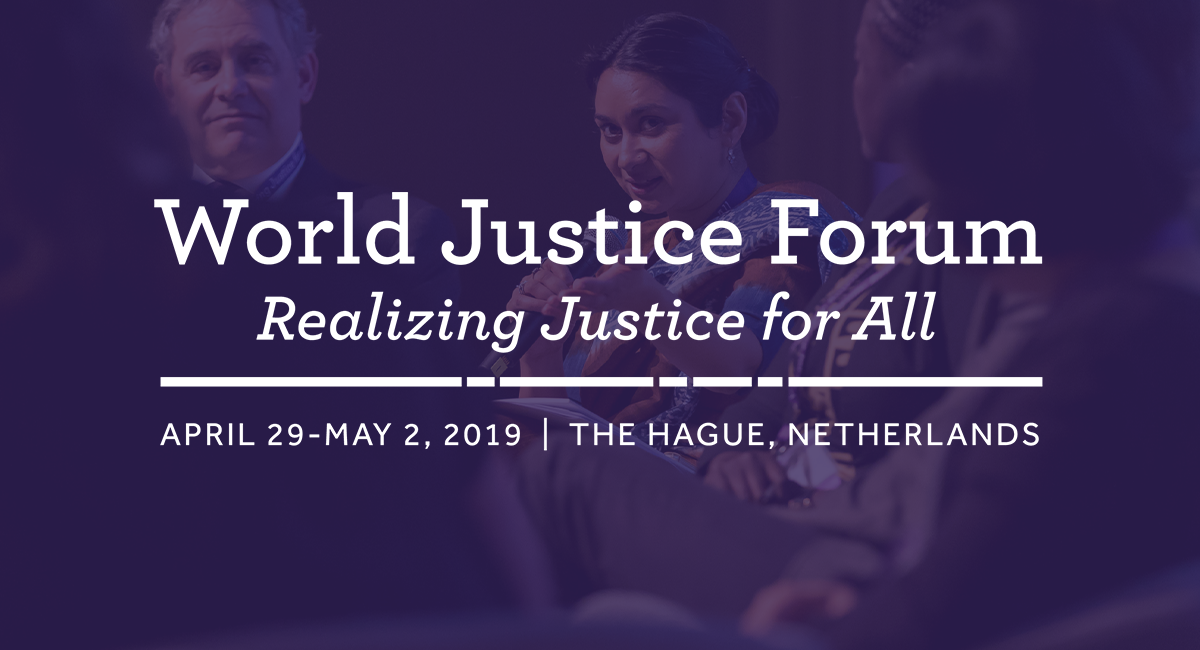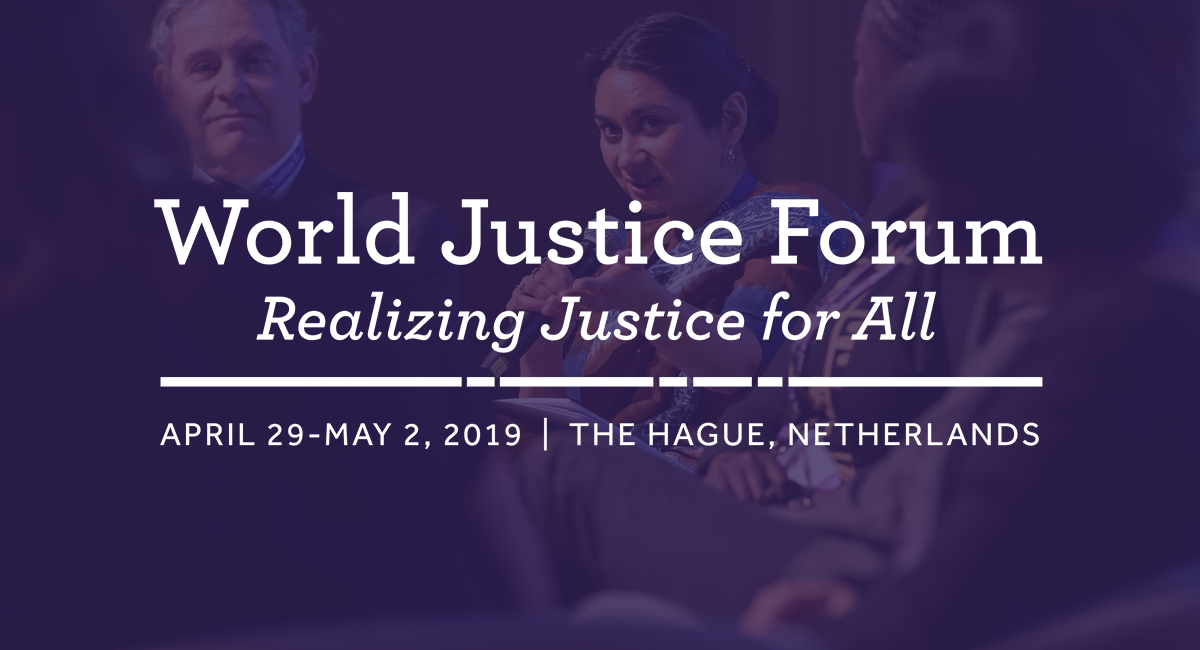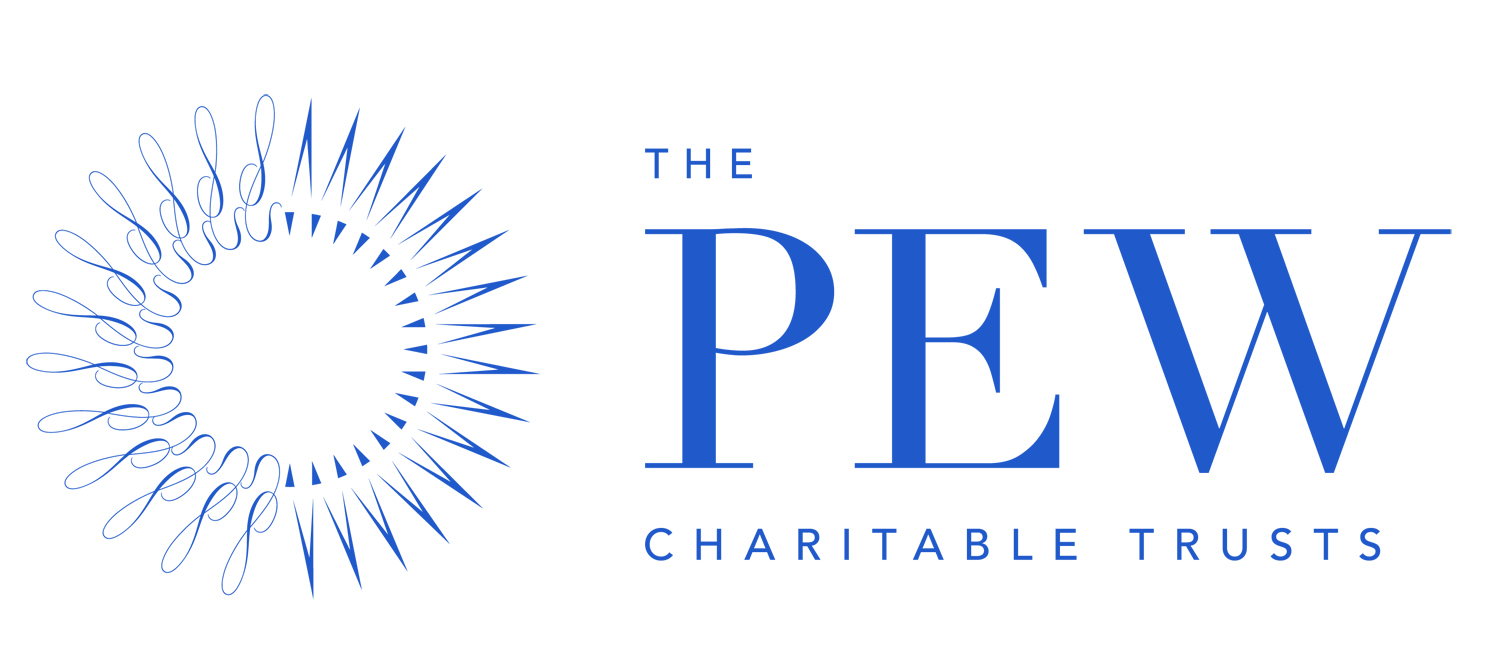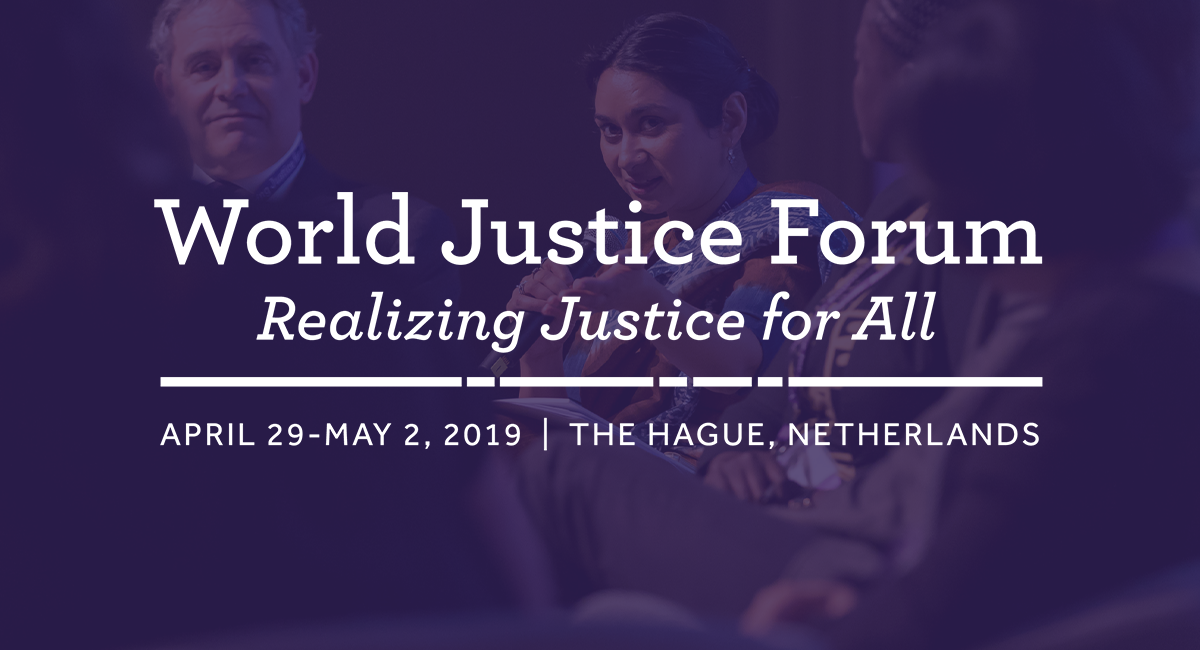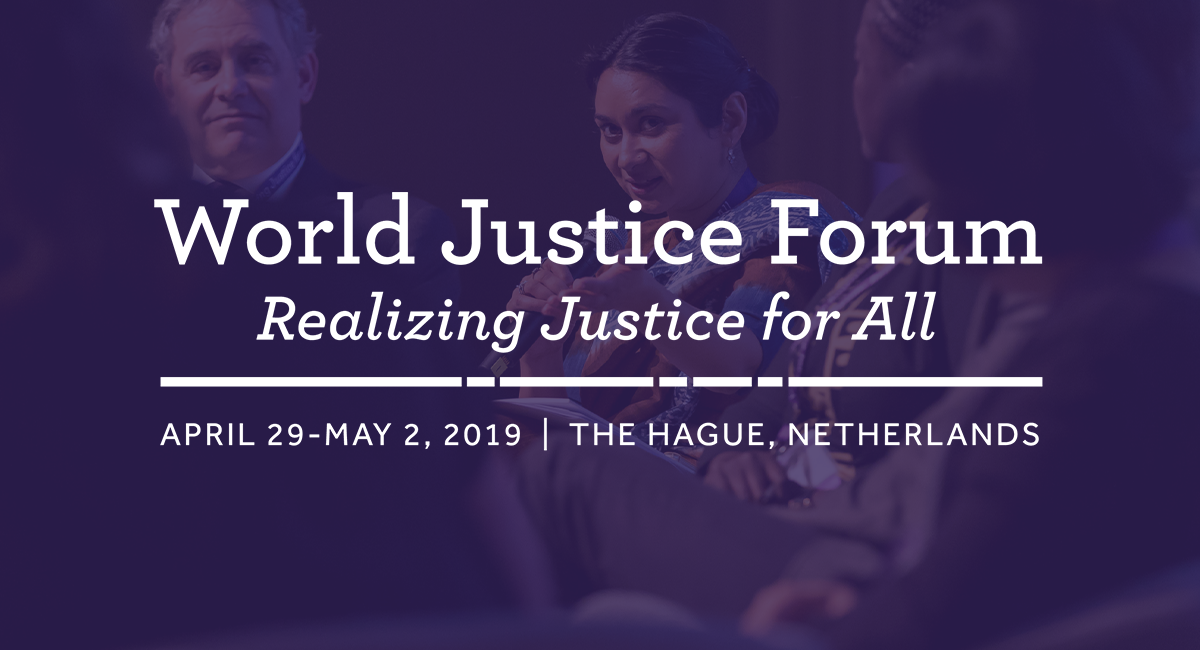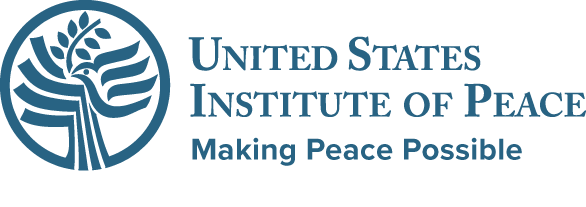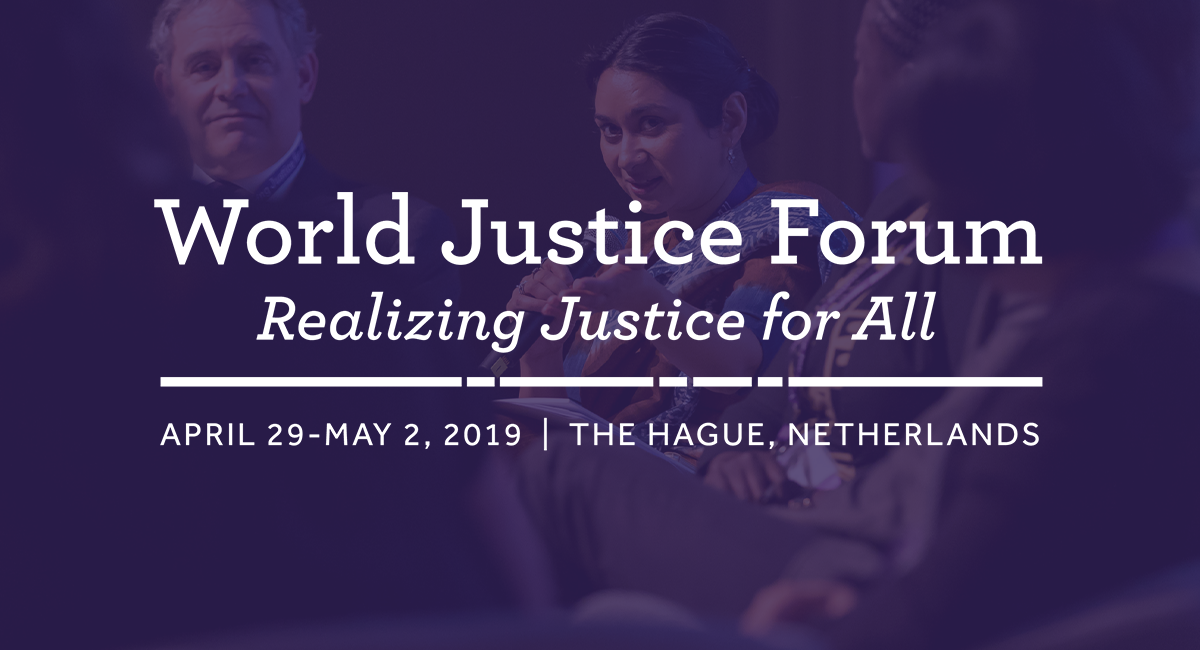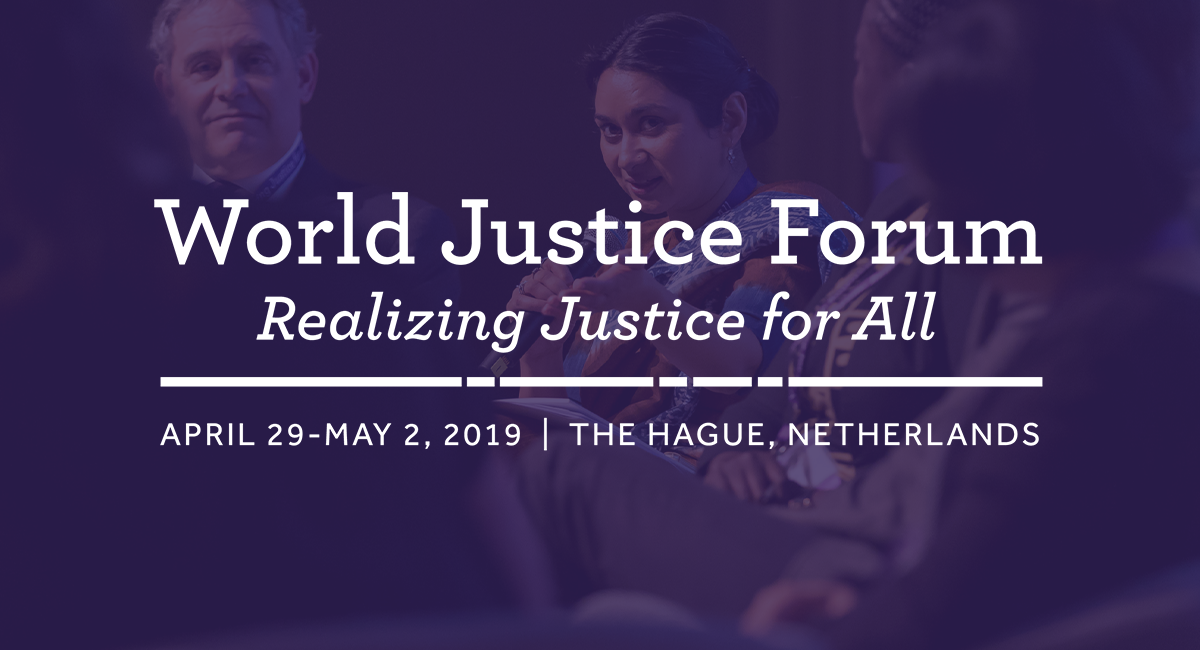The Center for Court Innovation is renowned for its work reforming the New York criminal justice systems with ambitious, cutting-edge projects and offering its technical expertise across the US and internationally to jurisdictions seeking to reform their own systems. This session explored the three principles that drive the Center's work and how they translate into practice and programming: just outcomes, procedural fairness, and community justice. The session shared some of the lessons learned from the Center's efforts and invited attendees to share and troubleshoot their own efforts at justice reform. The experience of the Center for Court Innovation highlighted three key lessons learned. First, while outcome fairness traditionally has been measured by the determination of whether the conviction has been properly achieved, a just outcome should also consider whether the disposition and sentence is seen as appropriate in the eyes of a victim and the community. Second, procedural justice should be emphasized, and, third, justice reforms should embrace community justice.
Read the full summary for this working session.
Additional Resources:

Working Sessions Summaries



